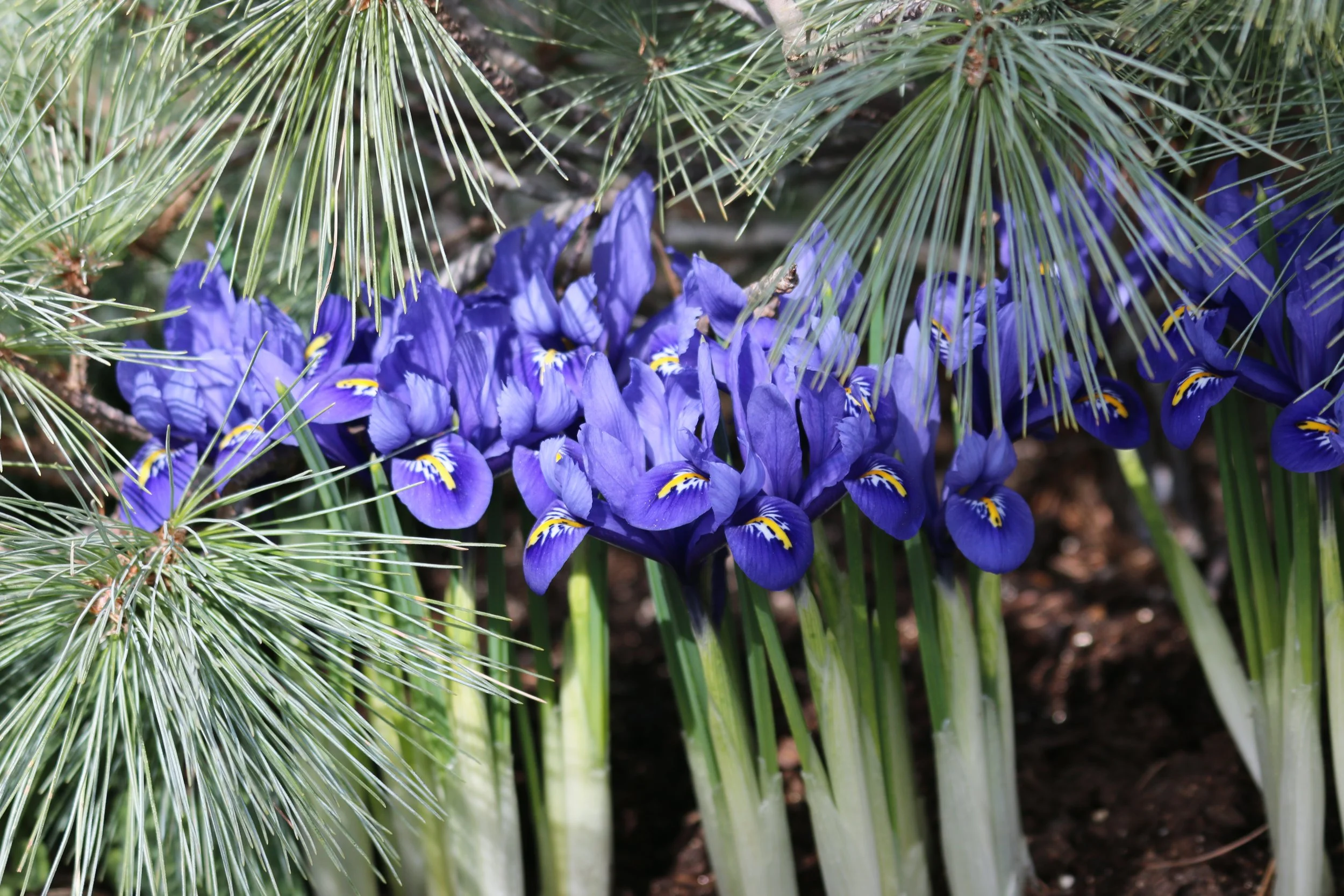Sponsoring Organization: USDA, NRCS & Xerces Society
Date: Monday, July 25, 2016
Start Time: 9:00 AM
End Time: 4:30 PM
Location : 3700 E. Gull Lake Drive, Kellogg Biological Station Academic Building, Hickory Corners, MI. 49060
Description of the Event: Beneficial insects contribute to natural pest suppression and potentially save $4.5 billion annually in pesticide costs. Yet the contribution of insects that prey upon or parasitize crop pests is largely overlooked. Conservation biological control is a science-based pest management strategy that seeks to integrate beneficial insects back into cropping systems for natural pest control, ultimately reducing and in some cases eliminating the need for insecticides. This strategy is based upon ongoing research that continues to demonstrate a link between the conservation of natural habitat and reduced pest problems on farms, orchards, and gardens.
In response to growing interest in promoting beneficial insects for their pest control services on farms, the Xerces Society has authored the book Farming With Native Beneficial Insects and developed the Conservation Biological Control Short Course to educate farmers, agriculture employees, natural resource specialists, land managers, and conservation organization staff.
Cost
Registration is $45 per person. Course registration includes the Xerces Society's Pollinator Conservation Toolkit and a copy of Farming With Native Beneficial Insects. Please plan to bring a sack lunch and a refillable water bottle!! Canceled registrations can be refunded until June 1st, 2016.
SHORT COURSE TRAINING SKILLS AND OBJECTIVES
This workshop will cover:
•The importance of beneficial insects - predators and parasitoids that attack insect pests.
•Overview of conservation biological control and integrated pest management (IPM).
•How to identify beneficial insects and distinguish them from other insects.
•How to recognize the habitat needs of beneficial insects and identify habitat deficiencies.
•The design and implementation of habitat improvements, including site preparation, insectary strip plantings, hedgerows, beetle banks, and more.
•The current best management practices that minimize land-use impacts on beneficial insects and mitigate exposure to insecticides.
•How to access USDA conservation programs for financial and technical support.
Participants will receive the Xerces Society's Conservation Biological Control Toolkit which includes habitat installation guidelines and other relevant publications, and the Xerces' book, Farming with Native Beneficial Insects.
*Continuing Education Credits Available*
•Certified Crop Advisor (6 CEUs)
•Society of American Foresters (5 CFE credits)
•The Wildlife Society (5.5 contact hours)
COURSE AGENDA
Welcome and Announcements
Module 1 - Farming with Beneficial Insects: Conservation Biological Control (CBC)
•Overview of conservation biological control and integrated pest management
•Status of beneficial insect conservation
•Summary of conservation biocontrol case studies
Module 2 - Common Beneficial Insect Groups
•Introduction to beneficial insects and the ecological services they provide
•Overview of beneficial insect groups (predators and parasitoids)
•Summary of beneficial insect biology and habitat needs
•Profiles of common predators and parasitoids and the insect pests they attack
Module 3 - Designing and Restoring Habitat for Beneficial Insects
•Conservation practices that support beneficial insects (e.g. beetle banks, buffers and windbreaks, cover crops, field borders, hedgerows, insectary strips, wildflower meadows, and more)
•Habitat conservation methods (e.g. site preparation, propagation, and maintenance)
•Farm case studies
Break
Module 4 - Farm Practices for Beneficial Insects
•Supporting beneficial insects with farm practices
•Preventing potential negative impacts of conventional and organic-approved pesticides on beneficial
insects (e.g. exposure pathways, toxicity, residual activity)
•Mitigating pesticide risks to beneficial insects and other natural resources using IPM, PAMS, and
conservation practices (e.g. alternatives to pesticides, pesticide drift reduction, buffer practices)
•Protecting overwintering and nesting sites
Lunch - Please bring a sack lunch!
Field Activity
Small groups rotate through the following activities:
•Practice using habitat assessment tool and form in the field
•Develop recommendations for habitat enhancements, IPM, management practices, etc. based on assessment results
•Scout different habitat types for beneficial insects
•Discuss beneficial insects and their habitat associations observed in real-life, field conditions
Guest Speaker–Rufus Isaacs, Professor & Extension Specialist, Dept of Entomology, Michigan State University
• Conservation Biocontrol Research in Michigan
Module 5 - Assessing Baseline Farm Conditions for Beneficial Insects
•Overview of habitat diversity values
•Introduction to the Beneficial Insect Habitat Assessment Guide to Inform CBC Planning
Module 6 – Q&A, additional resources, and course evaluations
INSTRUCTORS
Thelma Heidel Baker – IPM Specialist, Xerces Society
Thelma Heidel-Baker is the IPM Specialist for the Xerces Society. She has extensive experience working on biological control and IPM in agricultural cropping systems. Based out of eastern Wisconsin, Thelma provides support to farmers, agencies, and Xerces staff for developing pest management programs with reduced risks to beneficial insects. She also develops technical materials used by farmers, crop consultants, and university extension to recommend best management practices for conserving beneficial insects in pest management. Thelma received her Ph.D. in entomology from the University of Minnesota where she conducted research on improving IPM of the soybean aphid.
GUEST SPEAKER
Rufus Isaacs, Professor & Extension Specialist, Dept of Entomology, Michigan State University
Education Credit Hours: 6

